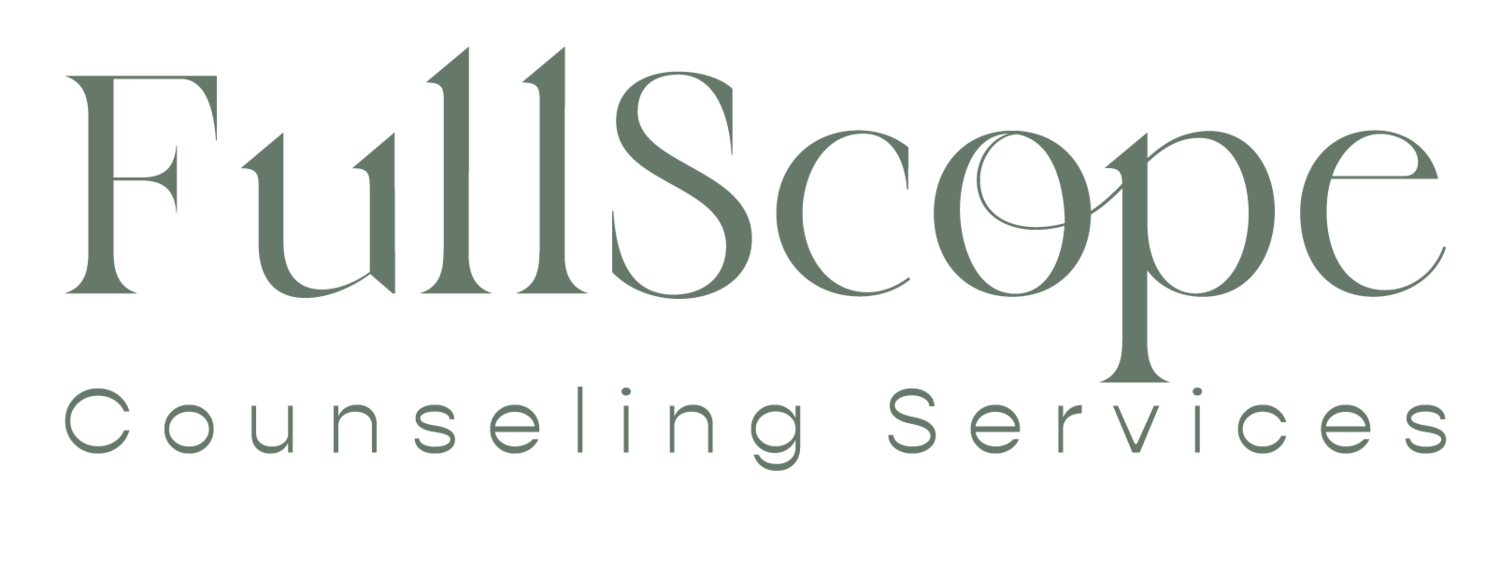Untangling the Threads: The Ripple Effect of Childhood Trauma on Adult Relationships
Childhood lays the foundation for your emotional landscape, shaping the way you navigate relationships in adulthood. In this blog post, we delve into the intricate ways childhood trauma can manifest in your adult relationships, affecting your communication, trust, and emotional intimacy.
The Blueprint of Your Attachment Styles
Your childhood experiences, especially those related to caregivers, form your attachment styles. If you experienced secure attachments, you may approach relationships with a sense of trust and security. However, if your attachments were insecure, you might struggle with intimacy, forming the blueprint for your adult relationships.
Communication Hurdles
A recent study reported that couples experiencing effective communication are three times more likely to feel emotionally connected. Understanding the influence of childhood trauma on communication is a crucial factor in building and maintaining healthy relationships. If you're dealing with childhood trauma in the midst of a relationship, opening up about your needs and feelings can be challenging. Conversely, you might find yourself pulling away from conflicts or resorting to defensive communication as a way to protect yourself. Unfortunately, these self-protective strategies can get in the way of building the kind of open and healthy communication that relationships thrive on.
Trust Issues as Lingering Shadows
Trust, a cornerstone of healthy relationships, can be profoundly affected by childhood trauma. If you experienced betrayal or abandonment, you may grapple with trust issues in adulthood. This can manifest as difficulty in forming close connections, fear of vulnerability, or a constant need for reassurance.
Repetition in Your Relationships
In a phenomenon known as repetition compulsion, you may unconsciously seek out relationships that mirror aspects of your childhood experiences, even if those experiences were traumatic. This can lead to a cycle of recreating familiar dynamics, perpetuating patterns of dysfunction unless consciously addressed.
Emotional Regulation Challenges
Childhood trauma can disrupt the development of your emotional regulation skills. You may struggle to manage intense emotions, leading to emotional outbursts, avoidance, or emotional numbing. This can create challenges in forming and maintaining stable, emotionally fulfilling relationships.
Self-Esteem Struggles
Childhood trauma can significantly impact your self-esteem and self-worth. You may grapple with feelings of inadequacy, shame, or an inherent belief that you are unlovable. These sentiments can influence partner selection and contribute to challenges in maintaining a positive self-image within relationships.
Understanding the profound ways childhood trauma manifests in your adult relationships is the first step toward breaking the cycle. While these challenges may seem daunting, seeking professional support is a crucial and empowering step. At FullScope Counseling Services, our experienced therapists specialize in guiding individuals like you through the healing journey, fostering healthier relationship dynamics and promoting your emotional well-being.
If you recognize the echoes of childhood trauma in your relationships, know that healing is possible. Take the proactive step toward a more fulfilling and connected future. Book a consultation with FullScope Counseling Services today, and let's unravel the layers together. Your journey to healthier relationships begins here.

